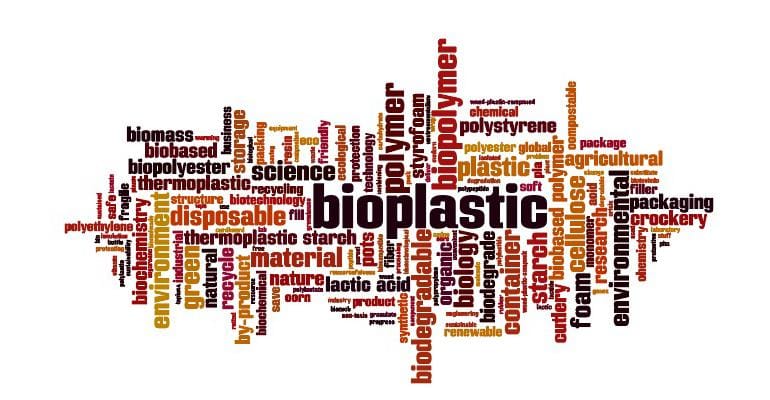Understanding PHA Plastic Alternatives: Environmentally Friendly Marvels
Discover PHA plastic alternatives, eco-friendly wonders that combat plastic pollution. Learn their production process and environmental benefits.

Introduction:
In today's world, plastic pollution has become a global concern due to its adverse impact on the environment and ecosystems. Thankfully, scientists and innovators have been striving to develop sustainable alternatives to traditional plastics. One such solution that has garnered attention is PHA, or Polyhydroxyalkanoates, a biodegradable and eco-friendly plastic substitute. In this article, we will explore the basics of PHA plastic alternatives, delving into their production processes and the scientific rationale behind their environmental benefits.
- What is PHA?
PHA, short for Polyhydroxyalkanoates, is a type of biopolymer produced by microorganisms through a natural fermentation process. It belongs to the family of polyesters and can be used as a biodegradable substitute for conventional petroleum-based plastics. Unlike traditional plastics that can take centuries to decompose, PHA plastics break down naturally, reducing their impact on the environment.
- PHA Manufacturing Process:
a. Microorganism Fermentation:
PHA is synthesized by microorganisms, such as bacteria or algae, through a fermentation process. These microorganisms consume renewable raw materials, such as plant-based sugars or agricultural waste, and convert them into PHA biopolymers within their cells. The use of renewable feedstocks makes PHA production more sustainable than traditional plastics derived from fossil fuels.
b. Extraction and Purification:
Once the microorganisms have produced PHA, the biopolymer is extracted from their cells. This process involves breaking down the cells and separating the PHA from other cellular components. The extracted PHA is then purified to remove any remaining impurities.
c. Forming the Final Product:
After purification, the PHA can be processed into various shapes and forms, just like traditional plastics. It can be used to create packaging materials, single-use items, medical supplies, and more.
- Advantages of PHA Plastic Alternatives:
a. Biodegradability: PHA plastics break down naturally through the action of microorganisms found in soil and water, returning to the ecosystem without causing long-term harm.
b. Reduced Carbon Footprint: PHA production relies on renewable feedstocks, reducing greenhouse gas emissions compared to petroleum-based plastics.
c. Versatility: PHA can be engineered to possess specific properties, making it suitable for various applications.
d. Compatibility with Existing Infrastructure: PHA can be processed using existing plastic manufacturing machinery, making it easier for industries to transition to more sustainable alternatives.
- Scientific Insights:
From a scientific standpoint, the biodegradability of PHA stems from its chemical structure. PHA consists of monomer units linked together, and the arrangement of these monomers determines the polymer's properties. Microorganisms produce PHA as intracellular granules, enabling them to store energy and carbon. This unique structure allows PHA to be broken down by enzymes in the environment, leading to its biodegradation.
Conclusion:
Polyhydroxyalkanoates (PHA) represent a promising alternative to traditional plastics, providing a much-needed solution to the global plastic pollution crisis. Their biodegradability, reduced carbon footprint, and versatility make them an attractive option for a more sustainable future. As technology and research continue to advance, the use of PHA plastic alternatives is likely to grow, contributing to a cleaner and healthier planet for generations to come.
[Include links to images illustrating the PHA manufacturing process here.]
Remember, the transition to PHA plastics and other sustainable alternatives requires collective effort from individuals, industries, and policymakers. By supporting and adopting eco-friendly solutions like PHA, we can take significant steps towards combating plastic pollution and preserving our environment.